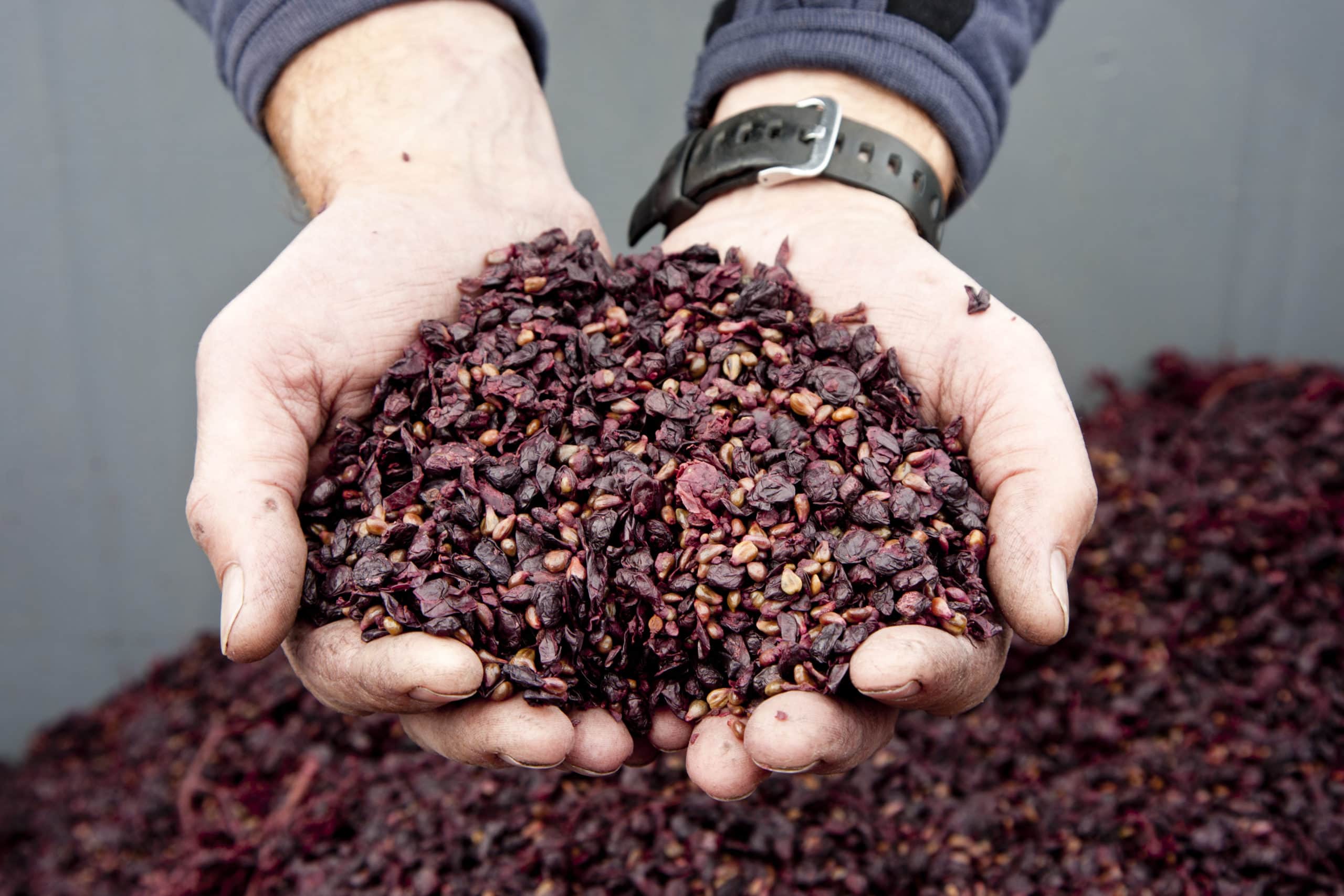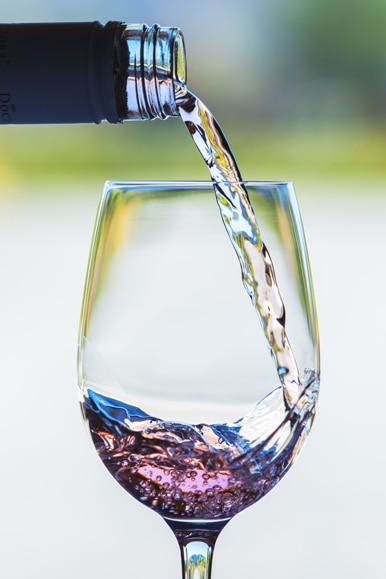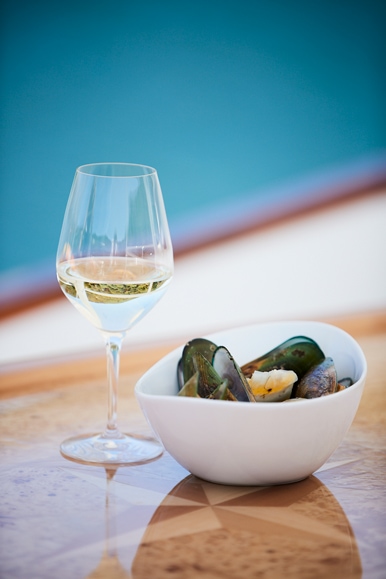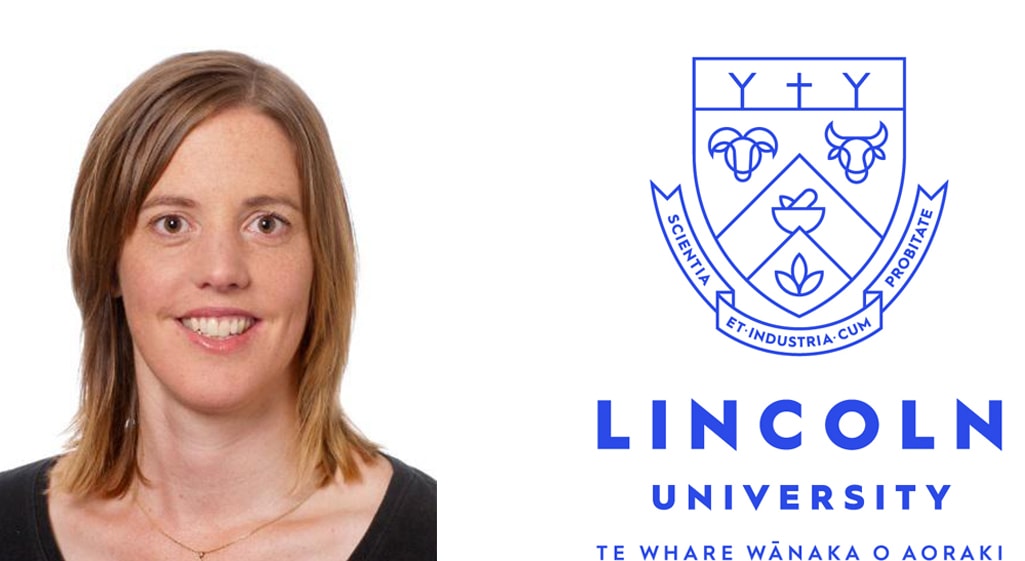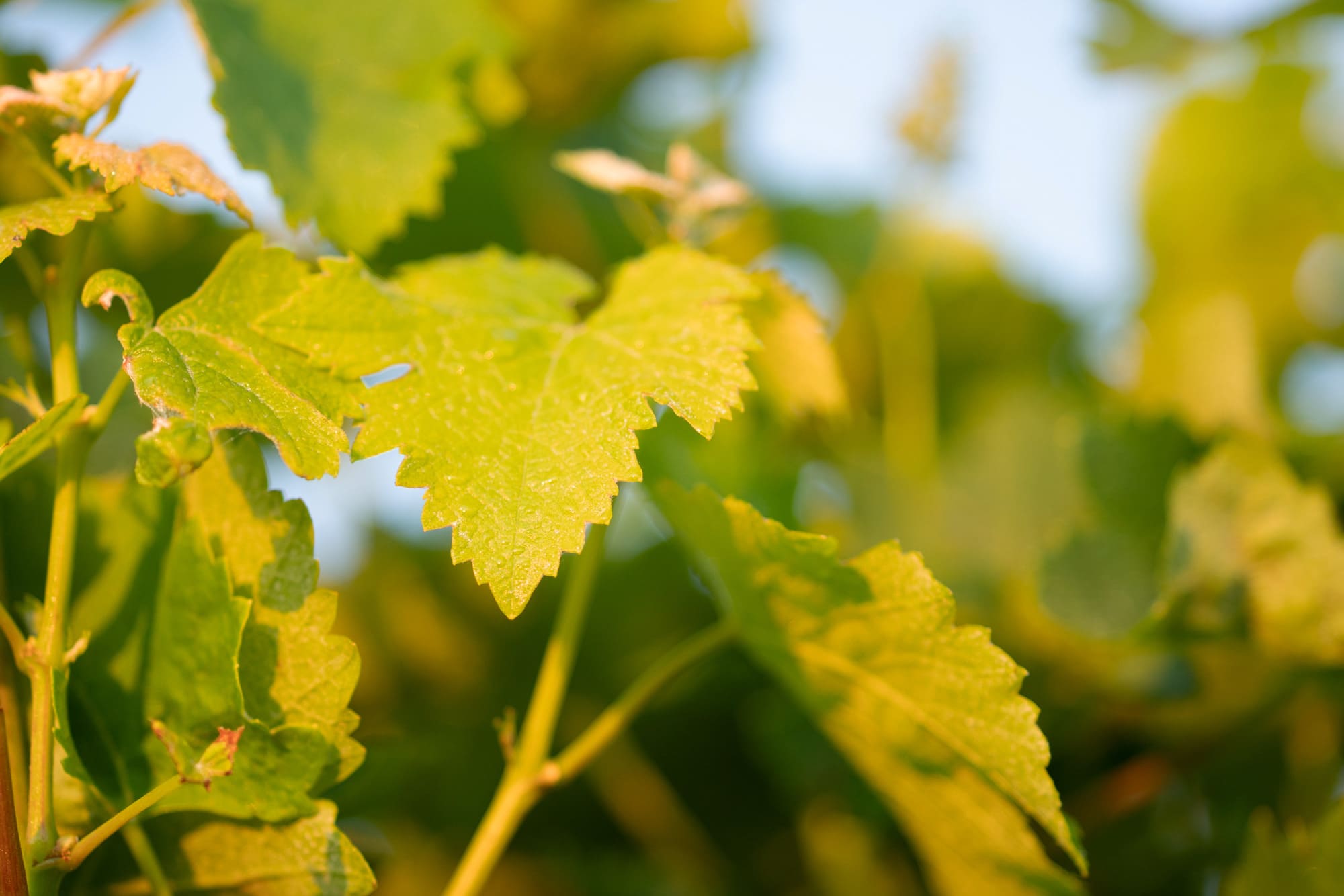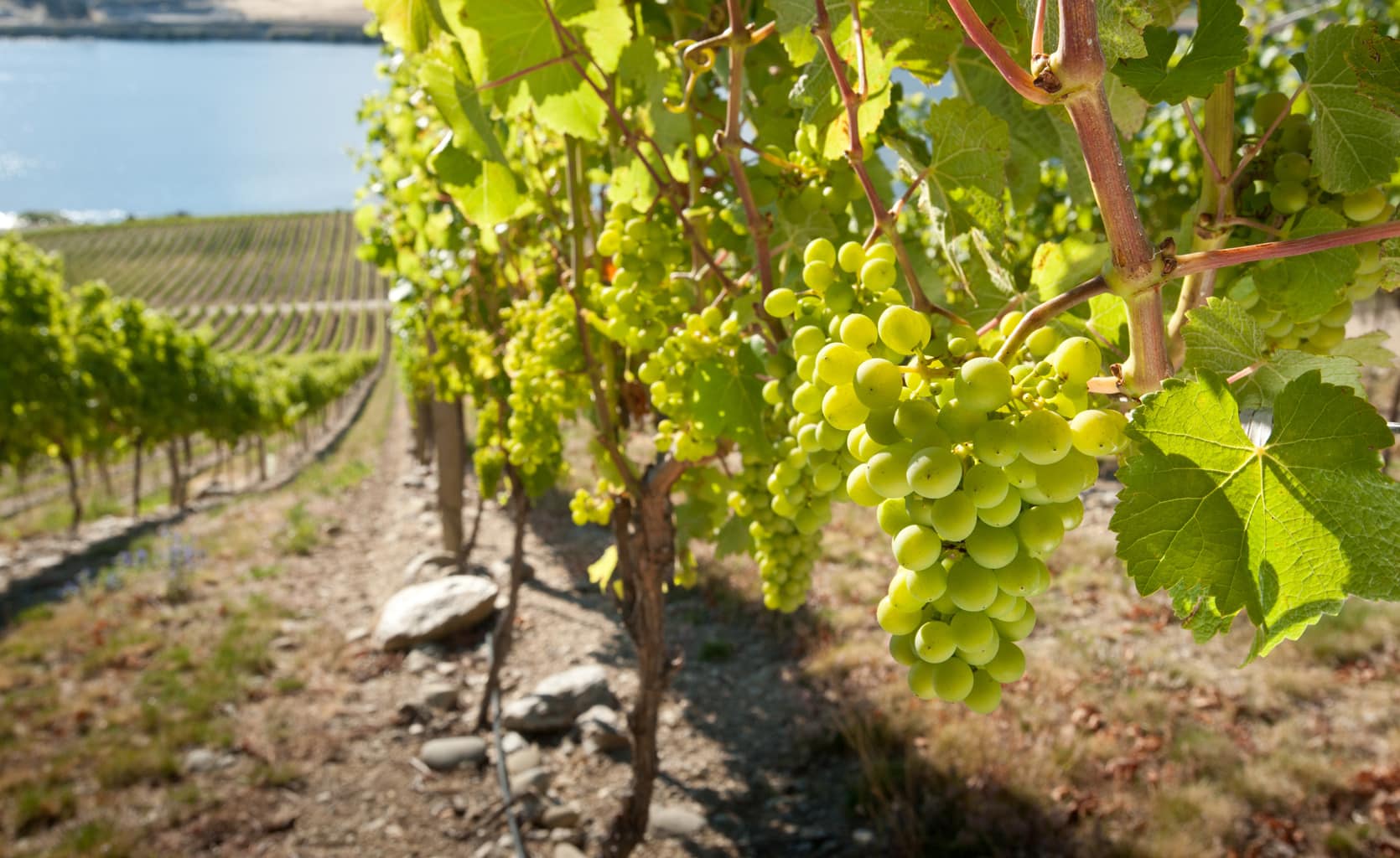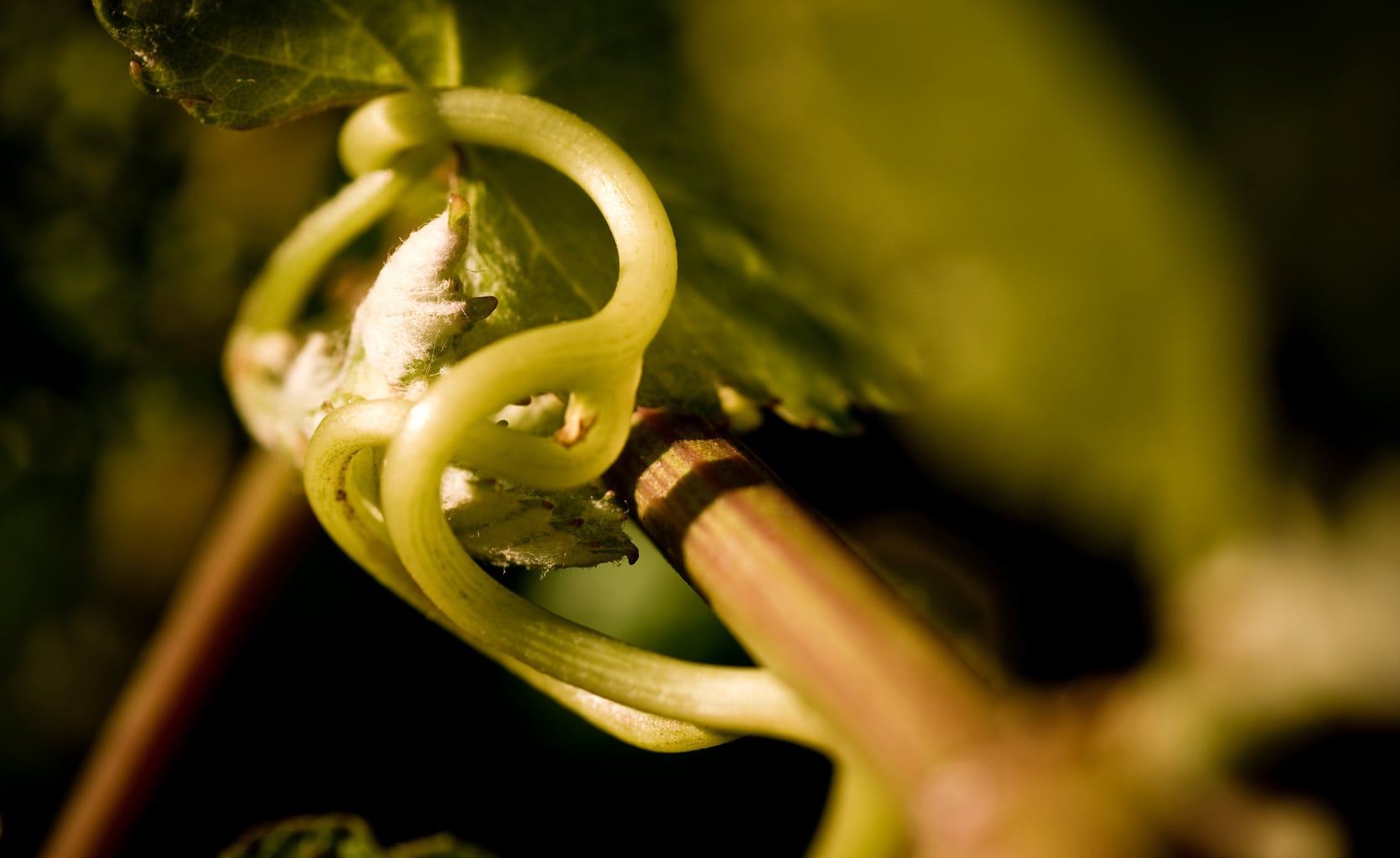The Ministry of Business, Innovation and Employment (MBIE) has awarded funding to Bragato Research Institute for a pilot study that explores transforming grape marc – the skins and seeds remaining after pressing – into hand sanitiser. The hand sanitiser from the study will be donated to Marlborough health workers and first responders.
“Using winery waste to produce ethanol for hand sanitiser is untested in the New Zealand context with our varietals. We haven’t had the capability to conduct a study like this in New Zealand until now, with our new research winery opening in February,” says MJ Loza, CEO of Bragato Research Institute.
The funding comes from the MBIE COVID-19 Innovation Acceleration Fund, which was created to accelerate research and projects that support COVID responses, and to provide rapid, short-term support to develop and quickly deploy products, processes and services.
In the short term, this eight-month study will deliver ethanol-based hand sanitiser, which will be bottled and donated. Longer term, the project explores the business opportunity for the industry to turn waste into this new product, including more information on costs, infrastructure needed and technical findings specific to grape marc produced in New Zealand.
Wine industry exports continue to climb towards $2 billion annually. This continued success will translate to an increasing challenge to deal with grape waste. Marlborough alone produces an estimated 46,000 tonnes of grape marc each harvest.
“Managing grape marc has probably been viewed as a disposal issue. However, the marc itself is increasingly being studied for other properties,” Mr Loza says.
The industry is continuously looking at alternative uses for grape marc, and COVID presented us with an opportunity to learn more about its properties while exploring a potential business case for a new product, he says.
“We know that grape marc is rich in valuable compounds. The challenges lie in finding a new economy for grape marc without creating a bigger environmental footprint, as well as finding a financially viable market for a new product,” Mr Loza says.
Other research throughout the industry has looked at the possibilities of grape marc for nutraceuticals and bioplastics, with some evidence suggesting marc has antimicrobial properties. It’s also shown to reduce methane emissions when used as a stock feed.
Environmental and financial sustainability are two key pillars of our science strategy, says Mr Loza.
“Transforming the wine industry’s waste into a value stream is a research priority. Every time we study grape marc, we learn a little more about its potential for a new commercial product,” says Mr Loza.
This study also considers other horticultural waste streams that could feed into the product. The project will be led by Dr Tanya Rutan, Winery Research Manager, as the science leader and Dr Matias Kinzurik, Research Programme Manager, as the contract manager.


